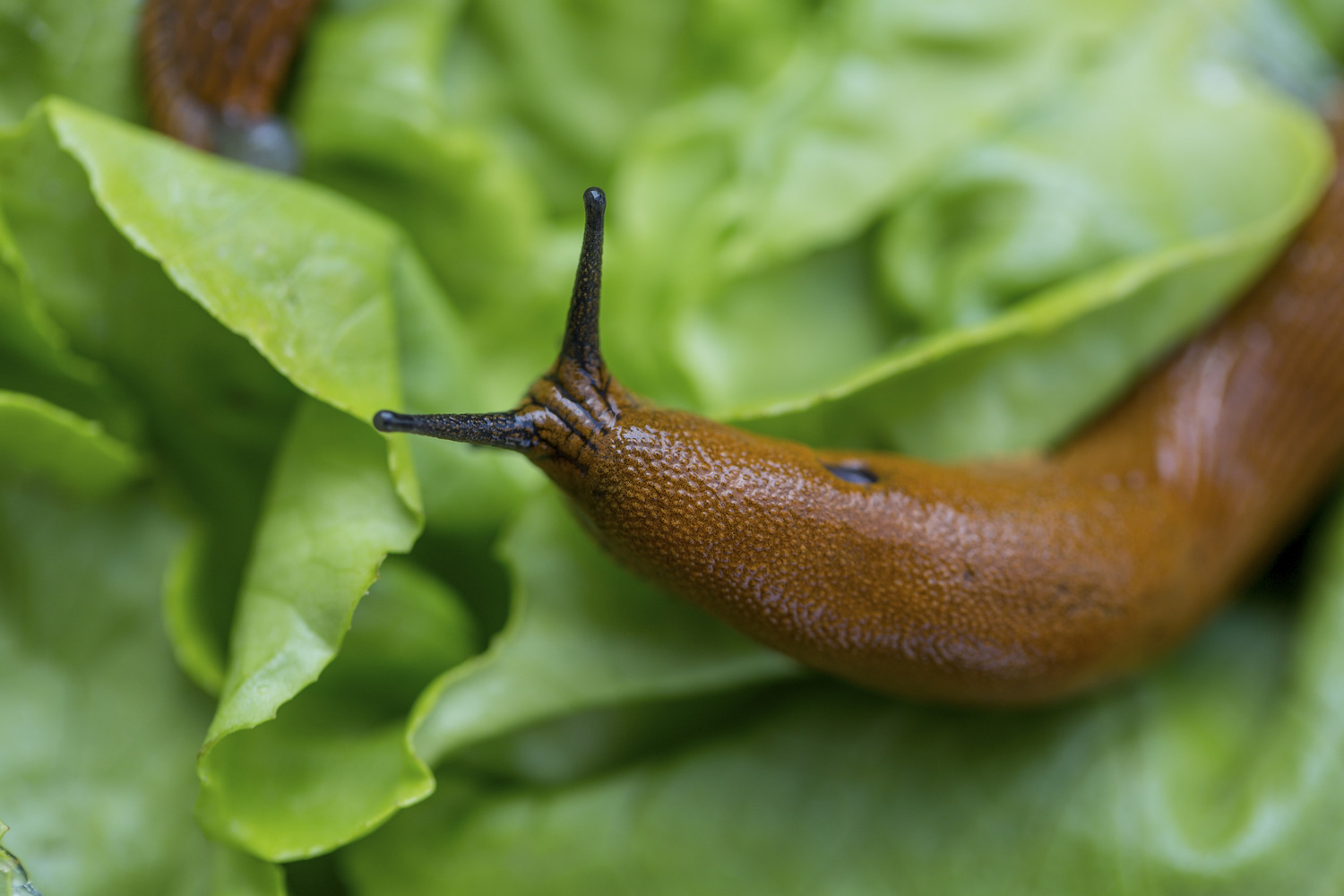It’s well known that slugs love beer, and now beer slops from Stroud Brewery are being recycled to create an organic form of slug control.

It’s all in the cause of helping gardeners grow more flowers and veg naturally, as well as helping the brewery further its sustainability commitments as both an organic and B Corp certified company.
From 14th April, the brewery’s organic beer slops will be available to gardeners in the Stroud area of Gloucestershire who want to control slug populations in a more natural way.
Both the Royal Horticultural Society and the Pesticide Action Network recommend beer traps — glasses or containers like yoghurt pots sunk into the soil and filled with beer — as one of the best non-chemical ways of reducing slug populations in the garden.
Stroud Brewery and Wild Stroud, a community group helping people to garden with wildlife in mind, have teamed up to turn waste beer slops into organic slug control. They are also reducing waste by finding a new use for beer slops rather than throwing them down the drain, and increasing recycling at the same time.
Wild Stroud carried out an experiment last summer to discover which type of beer gives the best results. They filled traps with three types of beer:
- cheap lager;
- cheap beer; and
- slops from Stroud Brewery’s organic beer.
And guess which the slugs favoured? Oh yes, the beer slops proved to be far and away the most effective, with the greatest slug body count.
Gardeners will be able to collect slops from Stroud Brewery and also fill their own containers from a location in the town. Anyone wanting to use these slops must register first on Wild Stroud’s website, and are also being asked to give a small donation to cover the costs of this voluntary group.
The slops will be initially stored in 20-litre containers donated by The Greenshop, in Bisley, which sells ethical and sustainable products. Previously, customers have refilled their own bottles of washing and cleaning products from these containers at the shop, but, unfortunately, once empty they can’t be refilled and are sent away for recycling. Now some of them will have a new purpose.
Slugs are an important part of the natural eco-system, as they’re food for many birds and animals. However, many gardeners don’t see them this way!
“There are about 12 species of slugs living in a garden, but only one or two eat plants, which most gardeners don’t realise” said Chloe Cox, of Wild Stroud.
“I can understand how the frustration caused by slug damage leads to lots of gardeners just wanting to get rid of them. We’d love it if gardeners didn’t kill slugs at all as they’re food for other wildlife.
“However, if they are going to kill them, we’re hoping more gardeners will turn to this more natural form of control if we offer this organic beer to use in beer traps. And the dead slugs can then be put on the compost heap to turn into fertiliser.”
Stroud Brewery founder Greg Pilley said: “When I set up the brewery, I was determined to brew beer organically so we
could make our contribution to restoring and protecting wildlife. We were the first brewery in the UK to be certified as both organic and a B Corp.
“Organic farming is the most effective form of regenerative agriculture for doing that, and now with this project we can help gardeners look after wildlife, too. We’d just love to see everyone being wildlife friendly. Though eventually, we’d like to see gardeners tolerate slugs in their garden.”
The beer slops and slugs project will run to the end of July. By this time, most seedlings will have grown into plants, meaning slug control won’t be so necessary.
On 20th and 21st May, Wild Stroud is organising an Open Gardens weekend in Stroud, with wildlife as the focus. Many gardeners who are creating space for wildlife will welcome the public into their gardens so they can get ideas and learn how they can be more wildlife-friendly, too. There’ll also be pond-dipping, micro-pond building demonstrations, and a talk about how to move to no-dig gardening. For more information, visit wildstroud.org/open-gardens/.

